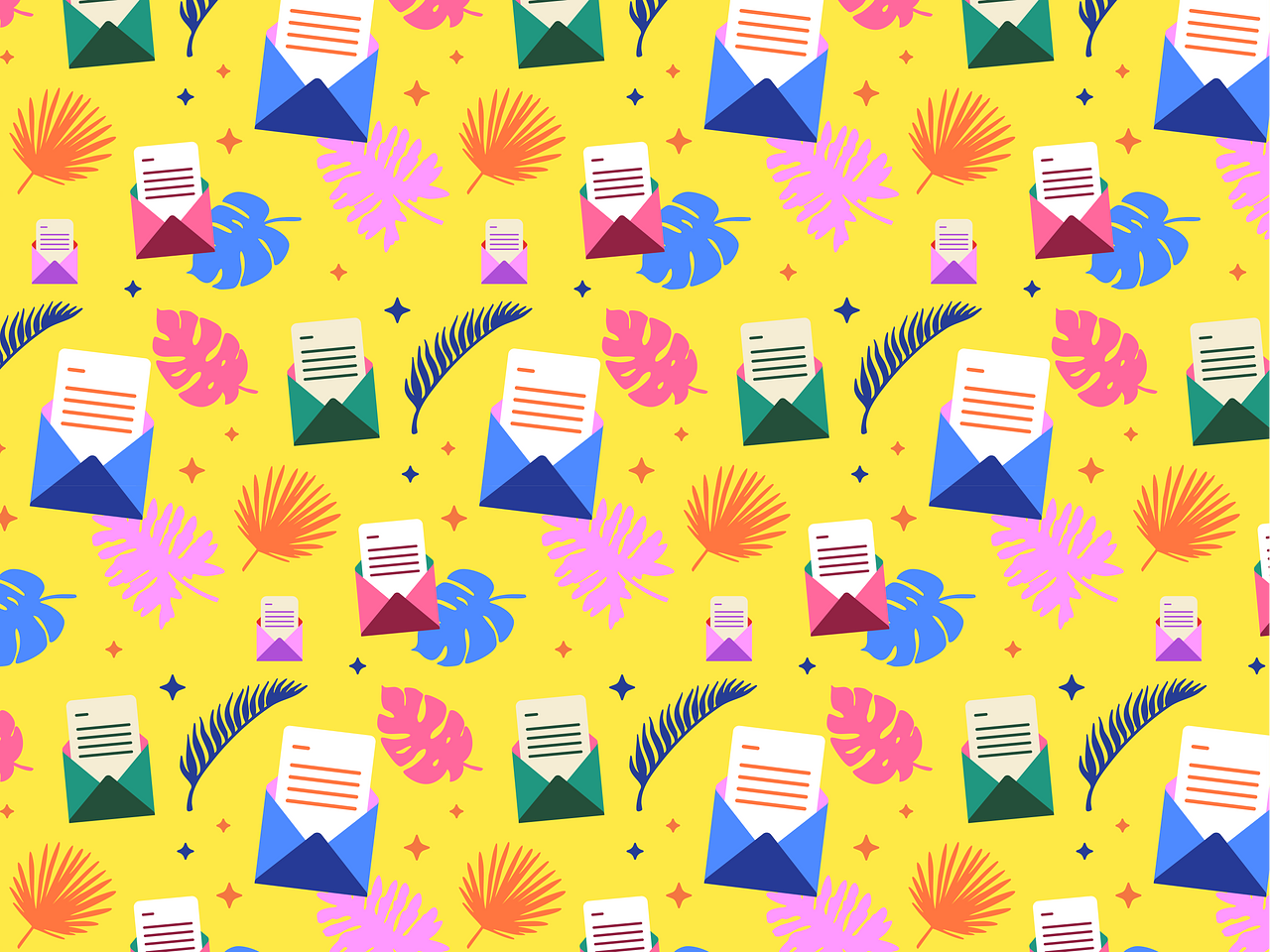
Tourismo Playbooks
Blogging that inspires travel
A Practical Guide to Creating Blog Content That Drives Discovery, Bookings & Community Engagement
Build Impactful Content
Craft content that inspires visitors (and growth).
Engage with Visitors
Contests, check-ins, and personalized experiences.
Measure Impact
Geotagged analytics and automated reporting tools.
Destination Intelligence
Gain actionable intelligence and understand your region's customer alignment.
Small but Mighty DMOs
Smart streamlined tools for small teams doing big things.
Metro & Regional DMOs
Integrated toolkit across stewardship, development, and marketing teams.
Specialized Industry Sectors & Associations
Out-of-the-box features for driving growth, engagement, and member value.
Business Improvement Associations
(Coming Soon)
Chamber of Commerce
(Coming Soon)
Municipalities and Communities
(Coming Soon)
Solutions
Build Impactful Content
Craft content that inspires visitors (and growth).
Engage with Visitors
Contests, check-ins, and personalized experiences.
Measure Impact
Geotagged analytics and automated reporting tools.
Destination Intelligence
Gain actionable intelligence and understand your region's customer alignment.
Industries
Small but Mighty DMOs
Smart streamlined tools for small teams doing big things.
Metro & Regional DMOs
Integrated toolkit across stewardship, development, and marketing teams.
Specialized Industry Sectors & Associations
Out-of-the-box features for driving growth, engagement, and member value.
Business Improvement Associations
(Coming Soon)
Chamber of Commerce
(Coming Soon)
Municipalities and Communities
(Coming Soon)

Tips, Tricks & Best Practices for DMOs, Sector Associations, and Operators
Email marketing is one of the most effective and affordable ways to reach potential travelers, engage local audiences, and build long-term relationships with your tourism partners and stakeholders. Unlike social media, which often relies on algorithms and fleeting attention spans, email lands directly in someone’s inbox—a personal, permission-based space.
For tourism organizations, email offers a unique opportunity to:
Inspire travel during key planning windows
Promote events, offers, or new experiences
Highlight seasonal stories or campaigns
Encourage direct bookings and increase partner visibility
With mobile use on the rise, especially during downtime (think: scrolling on a couch or subway while daydreaming of a vacation), it's never been more important to send well-timed, well-crafted emails.
Before you write a single line of copy, ask: Who is this email for? What do I want them to do?
Understanding your audience helps shape everything—from tone and timing to layout and links. Segmenting your list (even with basic filters like location, past engagement, or interest) enables you to deliver content that feels personal and relevant.
Tourism-specific examples:
Locals: Highlight last-minute event invites or weekend activities
Regional explorers: Promote staycations, road trip itineraries, or hidden gems
Industry partners: Share updates, stats, or new co-op marketing opportunities
Pro tip: Use visitor behaviour insights (such as past booking windows or clicks) to guide timing and content themes.
Travel is aspirational. Your emails should reflect that—offering readers a taste of what makes your destination special, and giving them a reason to act.
Great ways to do this:
Showcase signature events like food festivals, cultural celebrations, or seasonal happenings
Tell authentic stories: Feature local artists, chefs, historians, or business owners in short profiles or interviews
Share themed roundups: “3 Winter Wineries You Can Snowshoe To” or “Top 5 Indigenous Art Stops in Our Region”
Remember: Tourism marketing isn’t just about places—it’s about people, emotions, and experiences.
More than half of all email opens happen on a mobile device. If your email isn’t optimized for mobile, you’re likely losing attention before your message even gets read.
Tourism email design tips:
Keep it single-column for easy scrolling
Use large buttons for CTAs like “Book Now” or “View Map”
Use big fonts and short paragraphs
Limit image sizes for faster load times
Always test on mobile before sending
Bonus: Simple, clean designs often outperform complex layouts—especially when promoting actions like booking or sharing.
Travelers are busy and distracted. Your email should be clear, engaging, and easy to skim in under 10 seconds.
Structure tips:
Subject line: Tell them why they should care (without overpromising)
✅ “Fall Colours Are Peaking 🍁 Here’s Where to Go”
🚫 “Limited Time Offer Inside!!!”
Pre-header: Complement the subject line with context (e.g., “3 scenic walks & a hidden winery to explore this weekend”)
Body: Use short paragraphs, bullet points, and subheadings to guide the reader
CTA: Be bold, specific, and action-oriented
Goal: If someone only reads the subject, pre-header, and first line—they still know what to do next.
Tourism emails should do more than inspire—they should lead people to act. Make it as easy as possible for someone to go from interest to action.
How to do this:
Include clear links or buttons to book tickets, reserve a spot, or explore more
Provide event or experience details at a glance: Date, time, location, price range
Link to itineraries, digital maps, or partner websites for deeper discovery
Avoid this mistake: Burying your CTAs at the bottom or within text blocks. Every scroll should offer something clickable.
Email marketing is a powerful way to amplify local voices and create shared value across your tourism ecosystem.
Consider:
Co-promoting events or experiences with local tour operators, breweries, farms, or artists
Featuring “partner of the month” spotlights
Sharing success stories or testimonials from local businesses
This not only builds community trust—it expands your content pool and increases reach when partners cross-promote.
You don’t need enterprise-level tech to make an email feel personal.
Start small:
Use first names in subject lines or greetings (“Hey Dave, ready for your next hike?”)
Mention geographically relevant details (“Just 90 minutes from Calgary…”)
Suggest content based on previous clicks (“Since you loved our wine trail guide…”)
Even small touches can increase trust and click-throughs.
When you send matters just as much as what you send.
Tourism-specific timing insights:
Tuesday–Thursday mornings are consistently high-performing
Sunday evenings (around 8–10pm) are great for dreamers planning their week
Pre-season promos work best 4–6 weeks in advance
Avoid sending emails mid-day Friday or Saturday unless it’s hyper-local and last-minute
Test & learn: Review open/click patterns monthly to refine your schedule.
The best tourism marketers use email not just for big announcements but for ongoing engagement.
Examples:
Monthly “What’s New” newsletters
Seasonal inspiration guides (“Spring Break Ideas for Families”)
Event countdown series
Post-visit follow-ups with suggested next experiences
Don’t over-email—but don’t disappear either. A regular rhythm builds familiarity and trust.
Before hitting “Send,” make sure your email:
✅ Looks good on both desktop and mobile
✅ Has a clear, single CTA
✅ Includes relevant links and images
✅ Highlights a signature story or event
✅ Feels timely and aligned with seasonality
✅ Is proofread for clarity and typos
✅ Delivers value to the reader (not just the sender)